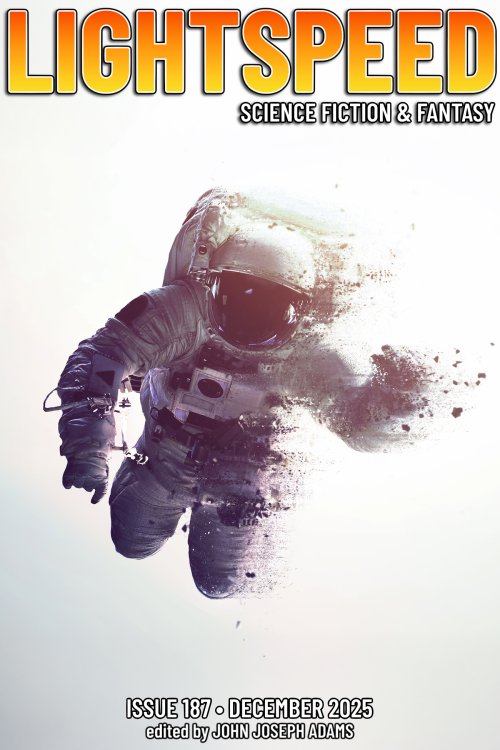Author Spotlight
Author Spotlight: Elly Bangs
We don’t need dystopian stories anymore: we need stories for a dystopian audience. There is overlap, and this need not be a radically new thing; there are excellent examples across the history of SF/F. The trend I see, that I want to see more of, is speculative fiction as a medicine for our existential despair—and ideally not just as a numbing agent. There are many ways to accomplish this.








